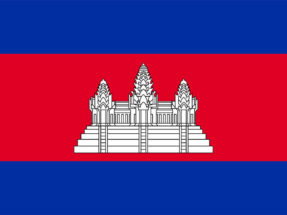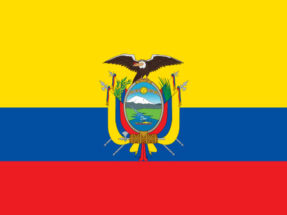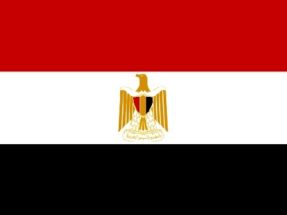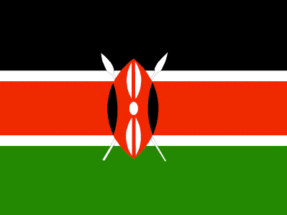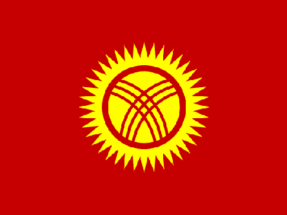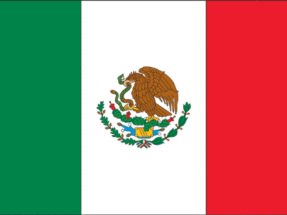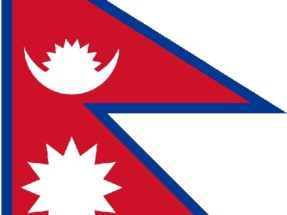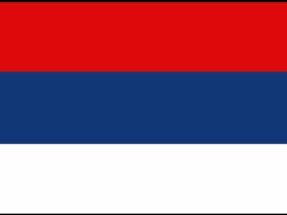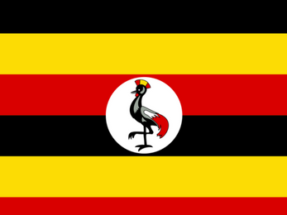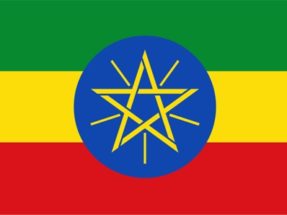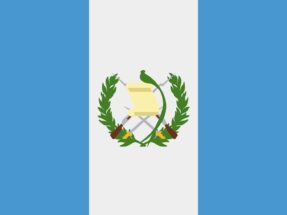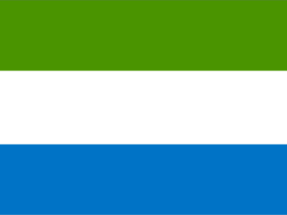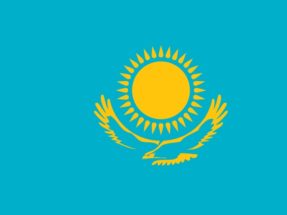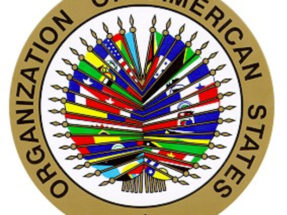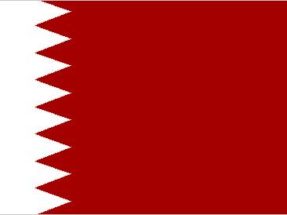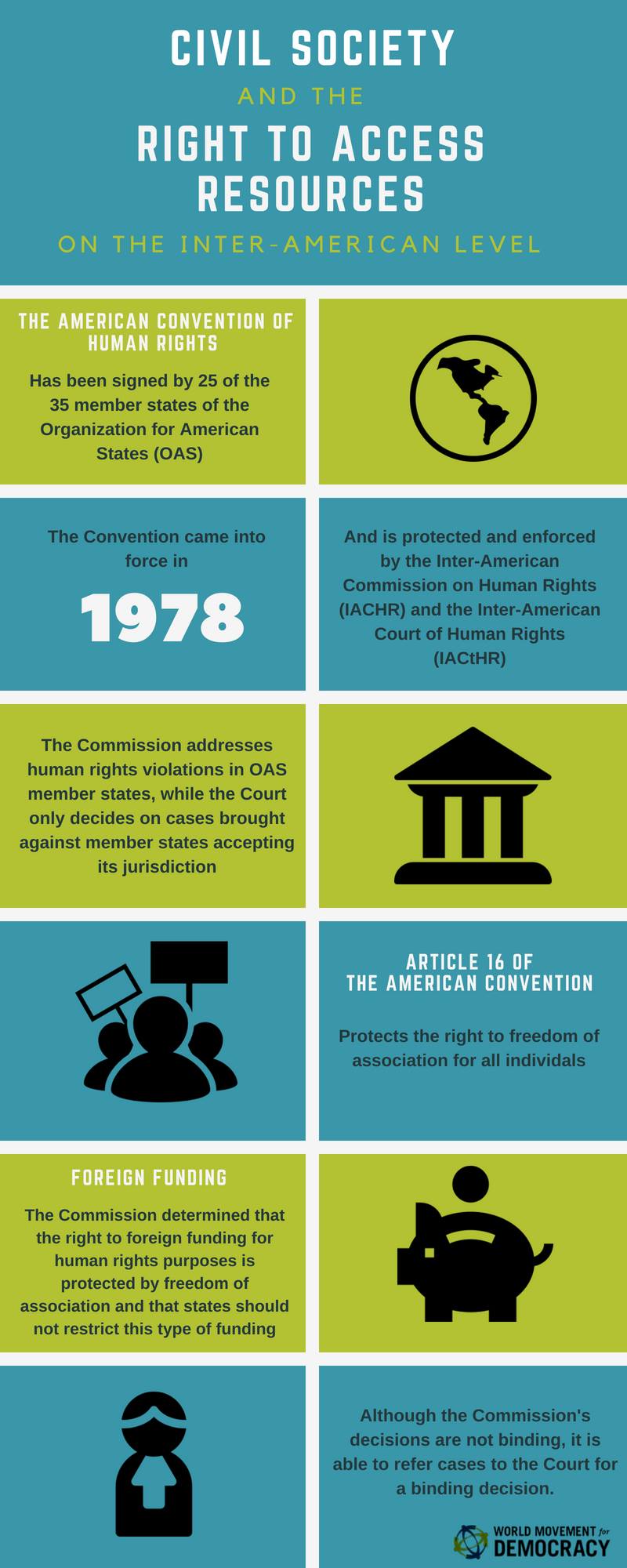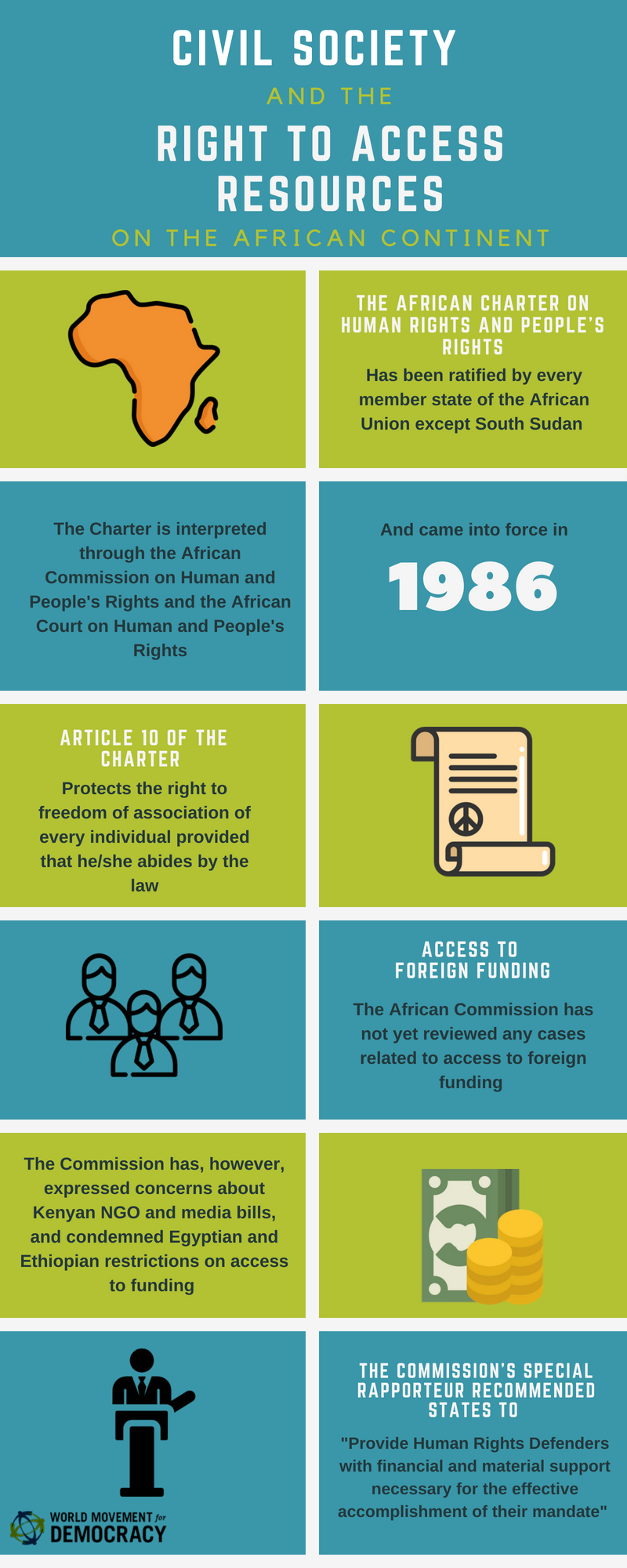The World Movement Congratulates UN Human Rights Committee on General Comment 37
The World Movement and other civil society organizations including those involved in the Civic Space Initiative (CSI) released a joint statement to congratulate the UN Human Rights Committee on the issuance of its landmark guidance on the right of peaceful assembly: General Comment No. 37 on Article 21 of the ICCPR. General Comment No. 37 […]
Take Action
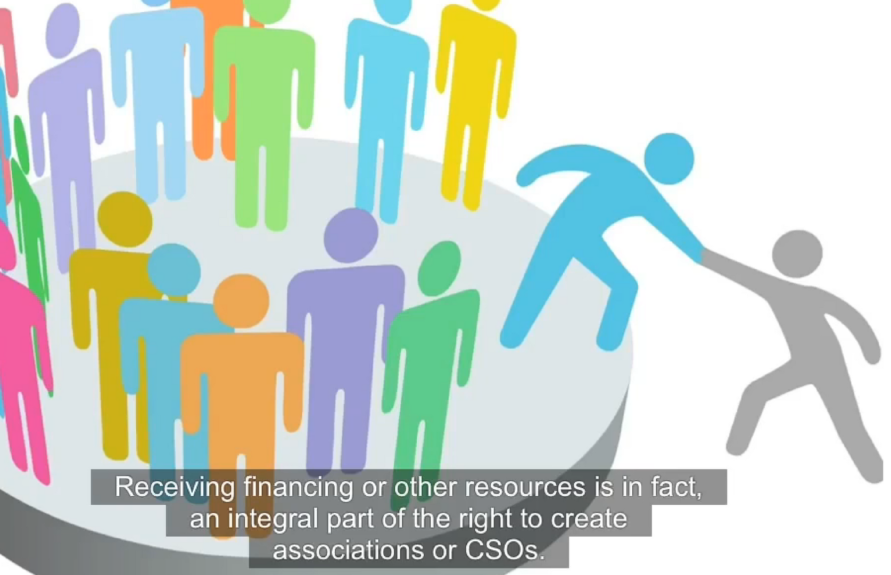
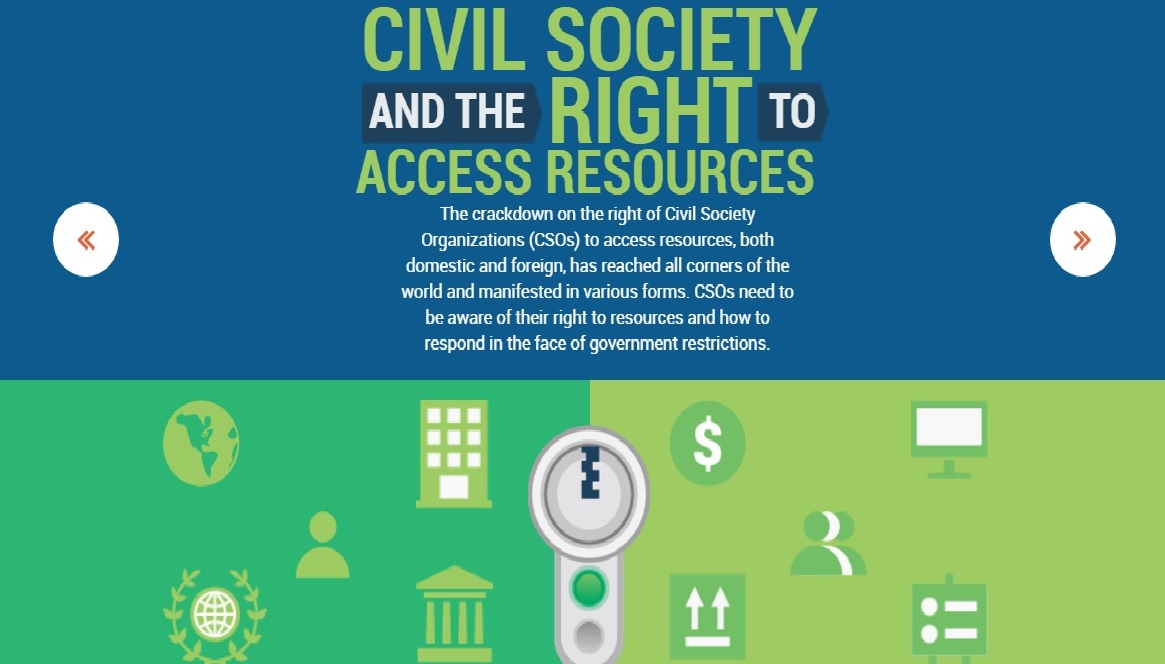
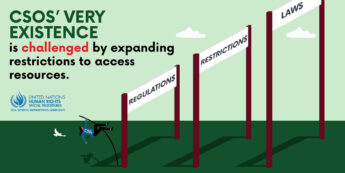 In June 2022, United Nations Special Rapporteur on the Rights to Freedom of Peaceful Assembly and of Association, Clément Voule, presented a report on Access to Resources to the 50th session of the UN Human Rights Council. Following meetings with civil society representatives, States, regulatory bodies, and advocacy groups, the report on Access to Resources establishes a “right” of civil society organizations (CSOs) to seek, access, and secure financial resources that are critical for people to fully enjoy their freedom of peaceful assembly and of association.
In June 2022, United Nations Special Rapporteur on the Rights to Freedom of Peaceful Assembly and of Association, Clément Voule, presented a report on Access to Resources to the 50th session of the UN Human Rights Council. Following meetings with civil society representatives, States, regulatory bodies, and advocacy groups, the report on Access to Resources establishes a “right” of civil society organizations (CSOs) to seek, access, and secure financial resources that are critical for people to fully enjoy their freedom of peaceful assembly and of association.
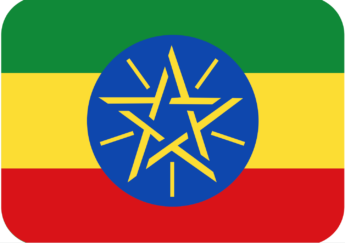
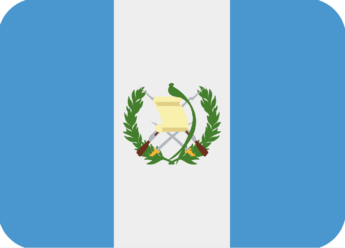
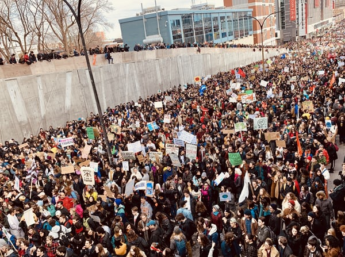 On July 29, 2020 the UN Office of the High Commissioner for Human Rights (OHCHR) published General Comment #37 on Article 21 of the International Covenant on Civil and Political Rights (ICCPR), which protects the right to peaceful assembly. Article 33 within the General Comment affirms the right of activists and civil society organizations to receive resources to support their work. General Comments are official UN interpretations of provisions in binding international human rights laws, making Article 33 of the General Comment the strongest international mechanism yet for protecting civil society’s right to receive funding.
On July 29, 2020 the UN Office of the High Commissioner for Human Rights (OHCHR) published General Comment #37 on Article 21 of the International Covenant on Civil and Political Rights (ICCPR), which protects the right to peaceful assembly. Article 33 within the General Comment affirms the right of activists and civil society organizations to receive resources to support their work. General Comments are official UN interpretations of provisions in binding international human rights laws, making Article 33 of the General Comment the strongest international mechanism yet for protecting civil society’s right to receive funding.